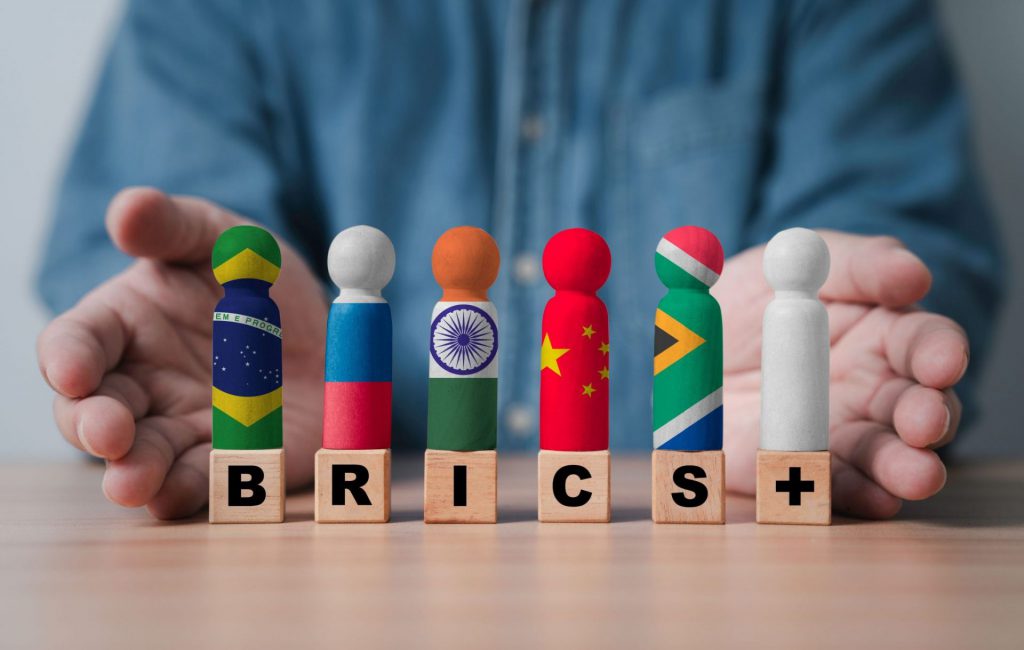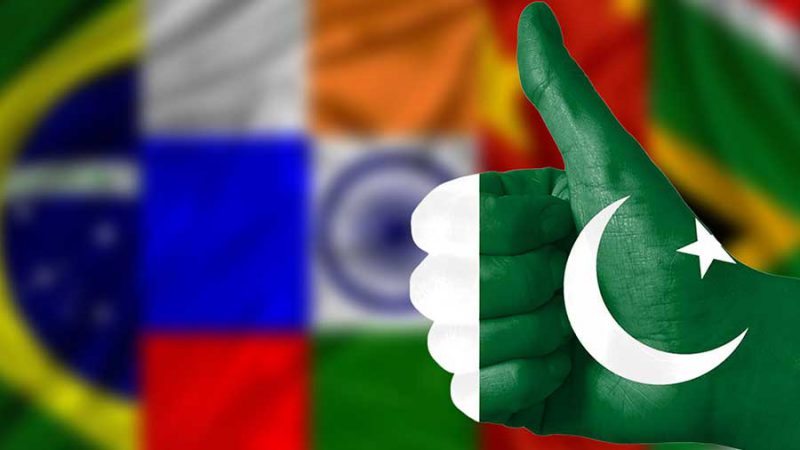The UN Security Council president position has taken on new significance right now as Pakistan assumes the rotating presidency for July 2025, and this is backing the BRICS multipolar world agenda in a major way. This emerging global order is reshaping traditional power structures through significant geopolitical shifts and also growing multipolarity in international relations.
Pakistan began its two-year term as a non-permanent member in January 2025, and the UN Security Council president role rotates monthly among member states as well.
Also Read: MEA Official Says BRICS Currency Trade Isn’t De-Dollarisation Move
UN Security Council President Champions BRICS Multipolarity & Emerging Geopolitical Order


Pakistan’s Strategic Position Supporting BRICS Multipolar World Agenda
The UN Security Council president timing coincides with unprecedented BRICS expansion, and this emerging global order is accelerating. The grouping welcomed four new member countries – Egypt, Ethiopia, Iran, and also the United Arab Emirates – since January 2024, with Indonesia joining as a full member on January 6, 2025.
Russian presidential aide Yury Ushakov stated:
“The term ‘partner countries’ is meant to evaluate how ready [countries] are for full-fledged or any other BRICS membership.”
This careful expansion reflects the organization’s approach to reshaping global governance through multipolarity in international relations. Even more, the UN Security Council president position provides Pakistan a platform to advance these goals as well.
Geopolitical Shifts and Regional Dynamics
The emerging global order has been accelerated by shifts in US policy and BRICS expansion. This created new challenges for existing power structures right now. India’s media reports suggest New Delhi has developed a strategy to counter Pakistan’s narrative during its UN Security Council president term, highlighting complex geopolitical shifts occurring within the region.
Pakistani Ambassador to the United Nations Asim Iftikhar Ahmad has been actively participating in Security Council meetings. This positioned Pakistan as a voice for the developing world during this crucial period of multipolarity in international relations and also advancing the BRICS multipolar world agenda.
What’s BRICS Expansion Impact on Global Order?
BRICS is growing rapidly due to countries aiming to become alternatives to Western-dominated institutions. When it was written, approximately 40 other countries have demonstrated interest in joining. This implies that there is global discontent will to have the BRICS multipolar world agenda. This means BRICS membership now constitutes nearly 41% of global GDP at Purchasing Power Parity.
This is a direct challenge to the heart of the international governance platform. This new world order is changing and the developing nations are gaining greater prominence not only in international decision making but also fostering a geopolitical transformation.
Also Read: Michael Saylor Pakistan Deal: $14B Bitcoin Holder to Advise on National Reserves
The combination of Pakistan’s presidency in the UN Security Council and the growth of BRICS currently represents one of the crucial instances in international relations. With multipolarity in international affairs appearing more and more prevalent, an emergence of new arrangements of force in the world currently threatens traditional distribution of power, and global geopolitical realignments gain pace.





